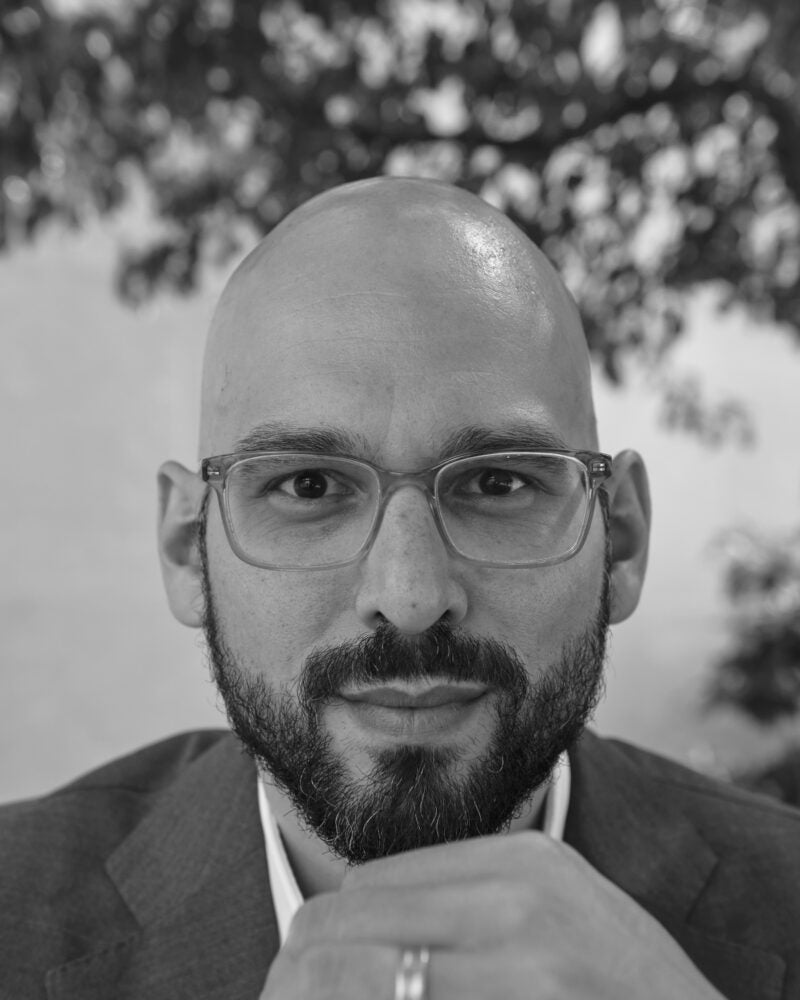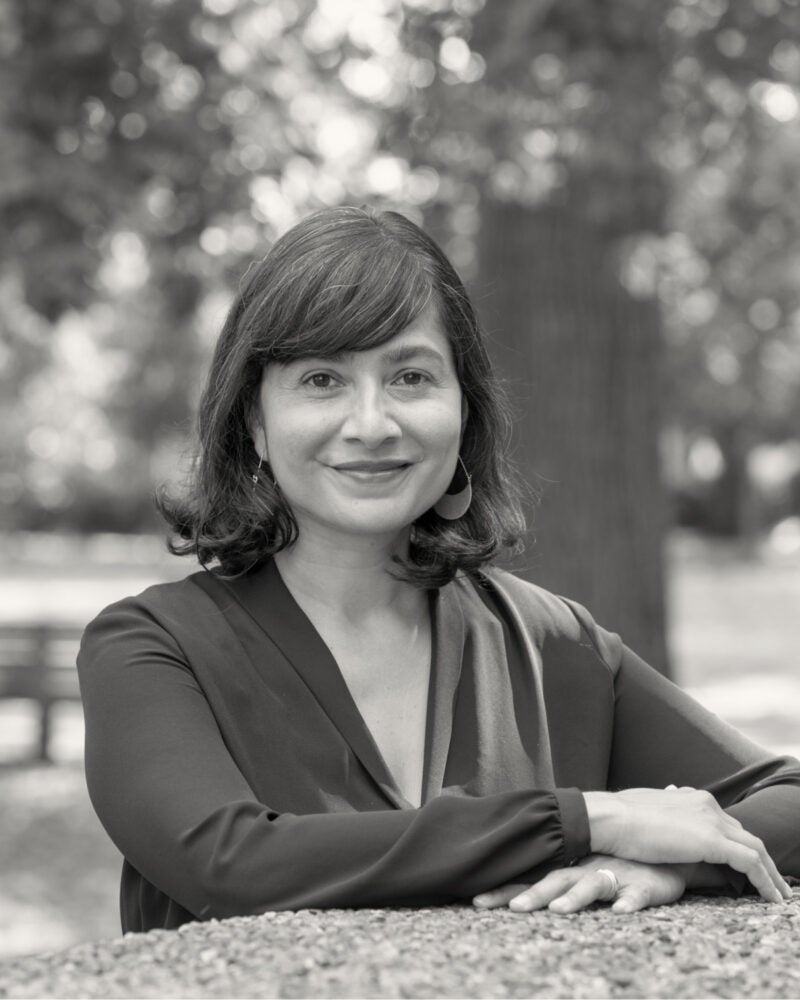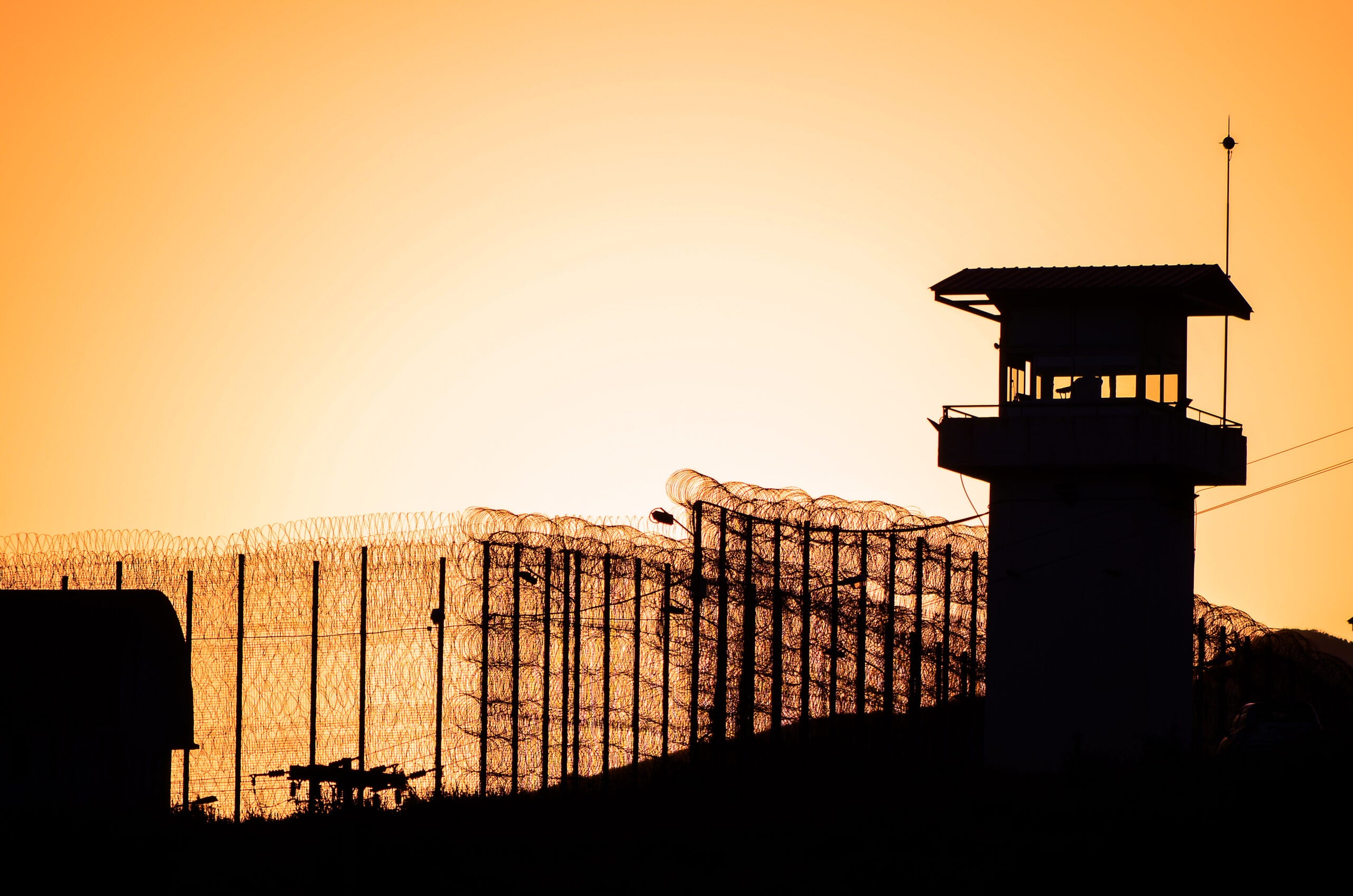What is the Institute to End Mass Incarceration Clinic?
The Institute to End Mass Incarceration is a research and advocacy program that works toward the dramatic decarceration of the United States, the eradication of the root causes of mass incarceration, and the promotion of new approaches to dealing with harm and safety in our communities.
The Institute’s advocacy work is anchored to its clinical component, which aims to develop, teach, and practice a nontraditional mode of lawyering that helps to build the power of social movements, including by activating public defenders as systemic change agents. Working alongside and in support of community-led movements, the Institute’s advocacy work will help strategize and implement collective-action campaigns that catalyze the power of the very people impacted by the penal system. Through the clinic, students can expect to participate directly in strategizing and executing movement-driven advocacy and litigation campaigns alongside people charged with crimes and communities harmed by mass incarceration, in conjunction with partner public defender offices, community-organizers, and local activists.
Student practice will include brainstorming and designing campaign strategies; research and writing to produce strategy memoranda and litigation documents; and collaborating with partner organizers and attorneys to execute coordinated campaigns across multiple cases. Students enrolled in the course will serve as full and central members of the Institute’s advocacy team. Depending on the number of projects undertaken over the course of the semester, students can expect to be divided into teams with other classmates. All students, however, will participate in each weekly seminar session and will contribute to and support the work of students on other teams.
How do I apply?
The clinic is offered in the Spring semester. You can learn about the required clinical course component, clinical credits and the clinical application process by reading the course catalog description and exploring the links in this section.
Application Deadline: October 3, 2025
Work Schedule
The IEMI clinic operates on a weekly cadence. Within a given week, students are expected to set aside and block out 20-22 hours for clinic work, inclusive of seminar meetings and readings, team meetings, solo research and writing time, and team collaborative work time.
Seminars are 2 hour sessions every week and involve readings and discussion around law and social change and movement-oriented lawyering, in theory and in practice.
Teams are structured and facilitated using strategies from a community organizing school of practice, which students are introduced to during an intensive weekend-long workshop at the start of the semester. Student teams use these skills to develop their own norms, structures, and within-team roles, facilitated by clinic instructors who serve as the team’s supervisor-coach during the semester.
Once the semester is underway, the weekly cadence is driven by a standing team meeting, where the team maps out its campaign-related goals and deliverables over the course of the semester, identifying a series of weekly deliverables (typically some form of written work product) designed to propel the team forward each week toward key milestones during the semester. Examples of milestones include completing a chapter of a strategy playbook for an ongoing decarceral organizing campaign, preparing briefing materials for strategy sessions with organizers who are preparing to execute organizing tactics with legal implications, or potentially preparing litigation or other materials related to the execution of legal tactics being pursued by the organizing coalition.
A team can expect to have multiple milestones over the course of the semester, with smaller weekly targets moving toward the successful completion of each milestone. To facilitate collaborative teamwork throughout the semester, students are expected to share a time-blocked sample weekly schedule indicating their other weekly commitments (e.g., other classes, prep time for other classes, student orgs, work or family obligations) and describing their plan for setting aside standing blocks of clinic time.
The IEMI office suite serves as a hub for team meetings and for students to engage in clinical work alone or collaboratively.
Meet the Instructors

Andrew Crespo
Executive Faculty Director; Morris Wasserstein Public Interest Professor of Law
Andrew Manuel Crespo is the Morris Wasserstein Public Interest Professor of Law at Harvard Law School, where he teaches criminal law and procedure and serves as the Executive Faculty Director of the Institute to End Mass Incarceration. Professor Crespo’s research and scholarly expertise center on the institutional design, legal frameworks, and power structures of the American penal system. Professor Crespo is an elected member of the American Law Institute, a member of the Academic Advisory Board of the American Constitution Society, and serves on the Standing Advisory Committee on the Rules of Criminal Procedure for the state of Massachusetts. At the appointment of President Biden, he served in 2021 on the Presidential Commission on the Supreme Court of the United States. Prior to beginning his academic career, Professor Crespo served as a Staff Attorney with the Public Defender Service for the District of Columbia, where he represented over one hundred adults and juveniles charged with serious felonies, ranging from armed robberies, to burglaries, to homicides. As a member of the Harvard Law School faculty he continues to be active in litigation, authoring merits stage and amicus briefs on various issues, often in close collaboration with his students.

Premal Dharia
Executive Director; Lecturer on Law
Institute to End Mass Incarceration ClinicPremal Dharia is the Executive Director of the Institute to End Mass Incarceration at Harvard Law School. She has spent the last twenty years dedicated to challenging injustice in the criminal system. Ms. Dharia spent nearly 15 years as a public defender in three different places: the Public Defender Service in Washington, D.C., the Office of the Federal Public Defender in Baltimore, Maryland, and the military commission at Guantanamo Bay, Cuba. She has tried dozens of cases and supervised lawyers at various levels of practice. In 2014, Ms. Dharia was selected for a three-month fellowship to help build out and train three new public defender offices in Palestine. After years in the field of public defense, she brought her years of direct service and substantial expertise to systemic work at Civil Rights Corps, where she was the Director of Litigation.
Staff Members
| Joan Steffen | Fellow | jsteffen@law.harvard.edu |
In the News
-

‘There are many ways to be a lawyer’ in the Institute to End Mass Incarceration Clinic
In the Institute to End Mass Incarceration Clinic, the law is used as one of many tools for supporting communities working to bring about the end of mass incarceration.
September 19, 2023